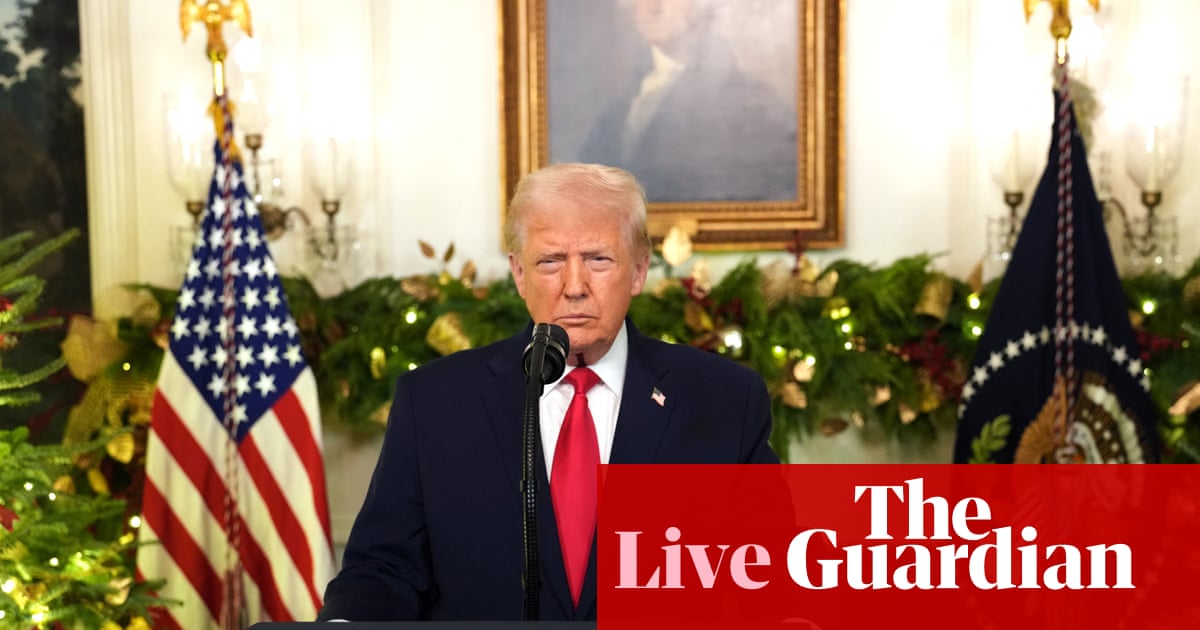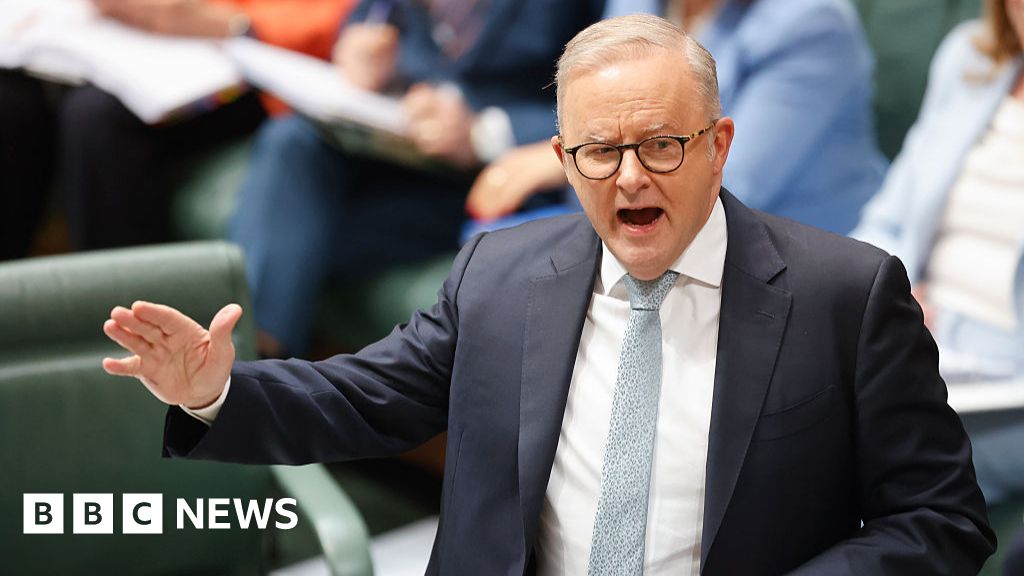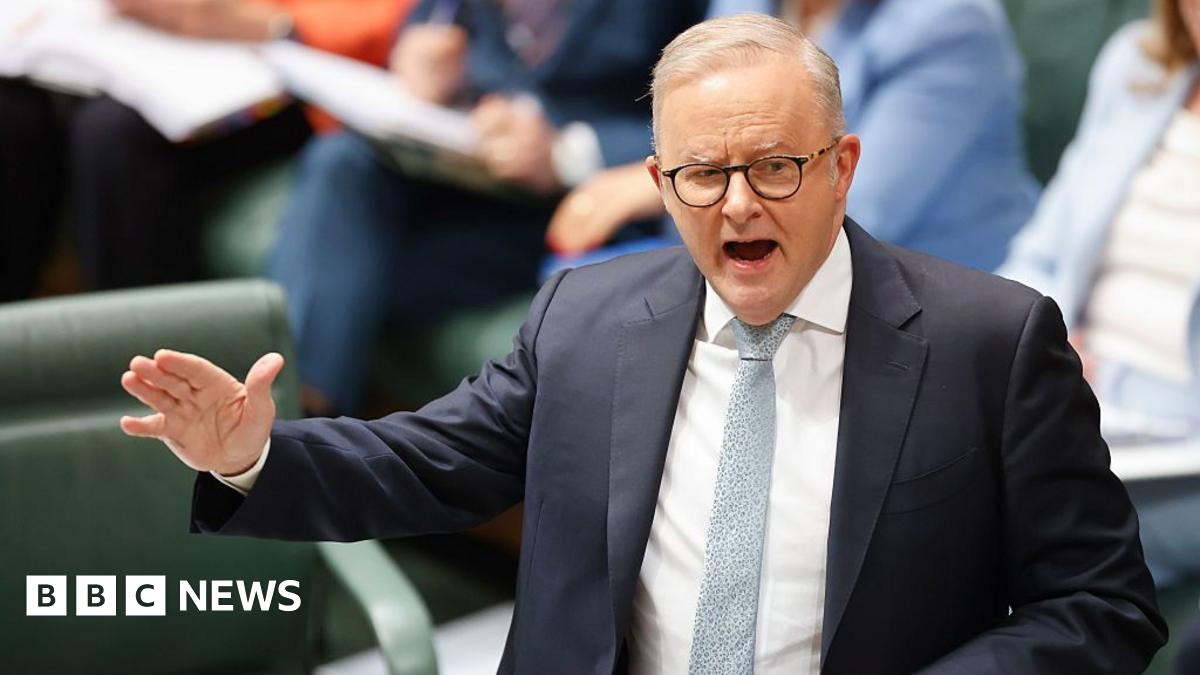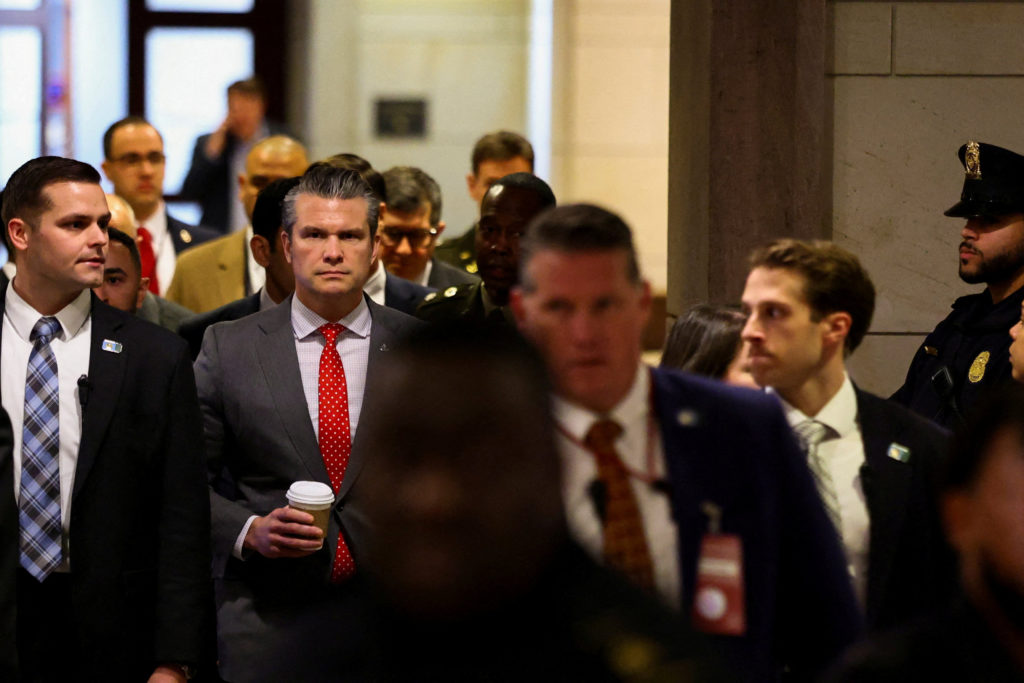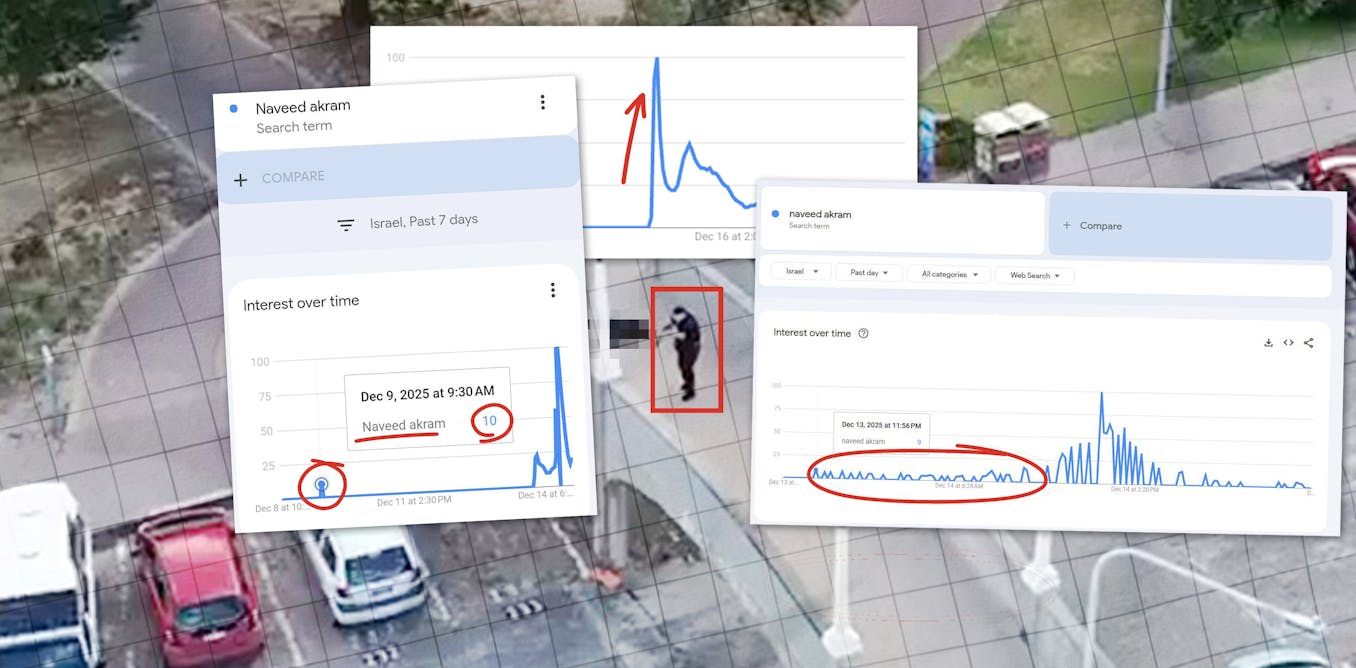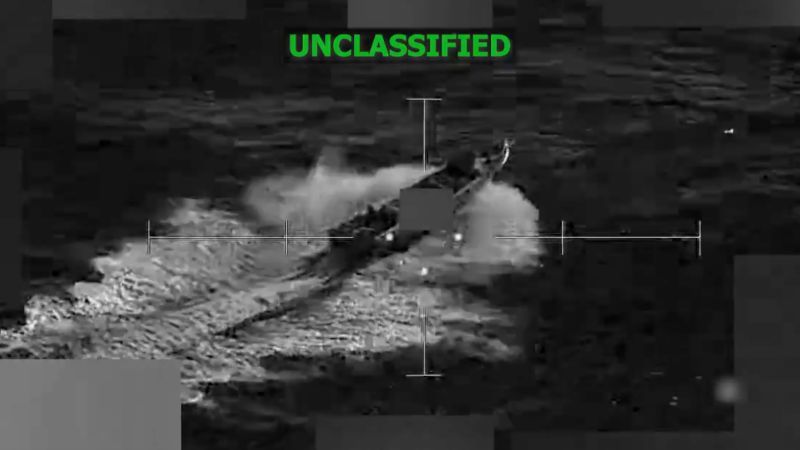- The $8 Billion Black Market for Venezuelan Oil Is Suddenly Closing Down The Wall Street Journal
- Trump aide Stephen Miller suggests Venezuelan oil belongs to US Al Jazeera
- Venezuela denounces Trump’s order for ship blockade as ‘warmongering…
US struck another vessel in the Pacific
The US military carried out a lethal strike on a vessel in the eastern Pacific, killing four men, according to defense secretary Pete Hegseth.
In a post on Twitter/X, Hegseth wrote: “Joint Task Force…
